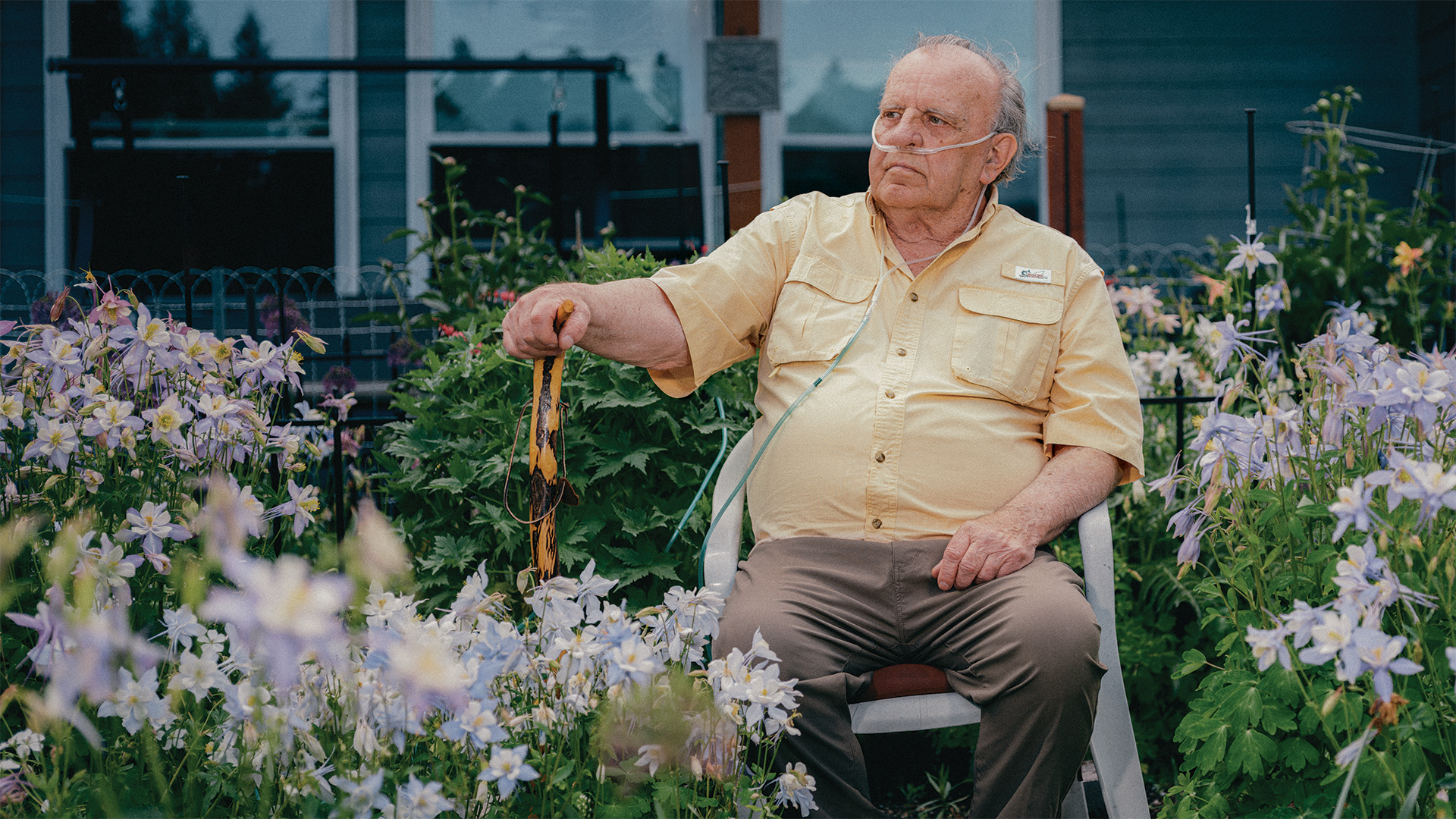Medical Aid in Dying remains one of the nation’s most divisive moral quandaries. Supporters say the practice offers autonomy and relief from debilitating, dignity-stripping suffering. Critics contend it devalues life and opens a door to efficiency masquerading as compassion. Ultimately, the question remains: How much control should we have over the terms of our deaths?
Increasingly, Americans want expanded end-of-life options for the sickest adults among us. MAID is now legal in 11 states, plus Washington, D.C. Delaware approved the practice this year, and at least 17 other states have introduced legislation on the issue.
Denver Health opened its MAID clinic in 2018, two years after Colorado’s law passed, deciding to fold the legislation into its mission to handle the region’s most complex medical cases. The clinic operates out of Denver Health’s outpatient medical center near downtown. The fourth-floor office has a couch and comfy chairs for patients and their families, though most consultations are done online to eliminate time-consuming and uncomfortable trips.
Any Colorado resident who qualifies for MAID can get care from the clinic, regardless of their ability to pay the $755 fee for two consultations and a prescription for the lethal dose of amitriptyline, diazepam, digoxin, hydromorphone, and phenobarbital that comes from one of the state’s compounding pharmacies. (Some physicians charge up to $3,000 for the same service.)
[Denver Health physician Kerri] Mason predicts this year will be the busiest yet for the clinic and expects to see at least 400 patients—roughly 100 more than last year. That growth will be fueled, in part, by Colorado lawmakers, who in August 2024 expanded access for adults whose deaths are most imminent. Prior to the law’s adoption, patients often died within a mandated 15-day waiting period between the first and second consultations—or declined so significantly they no longer could self-administer the medication. The state Legislature remedied that, dropping the waiting period to seven days and giving physicians wide latitude to waive waiting times entirely for the direst cases.


